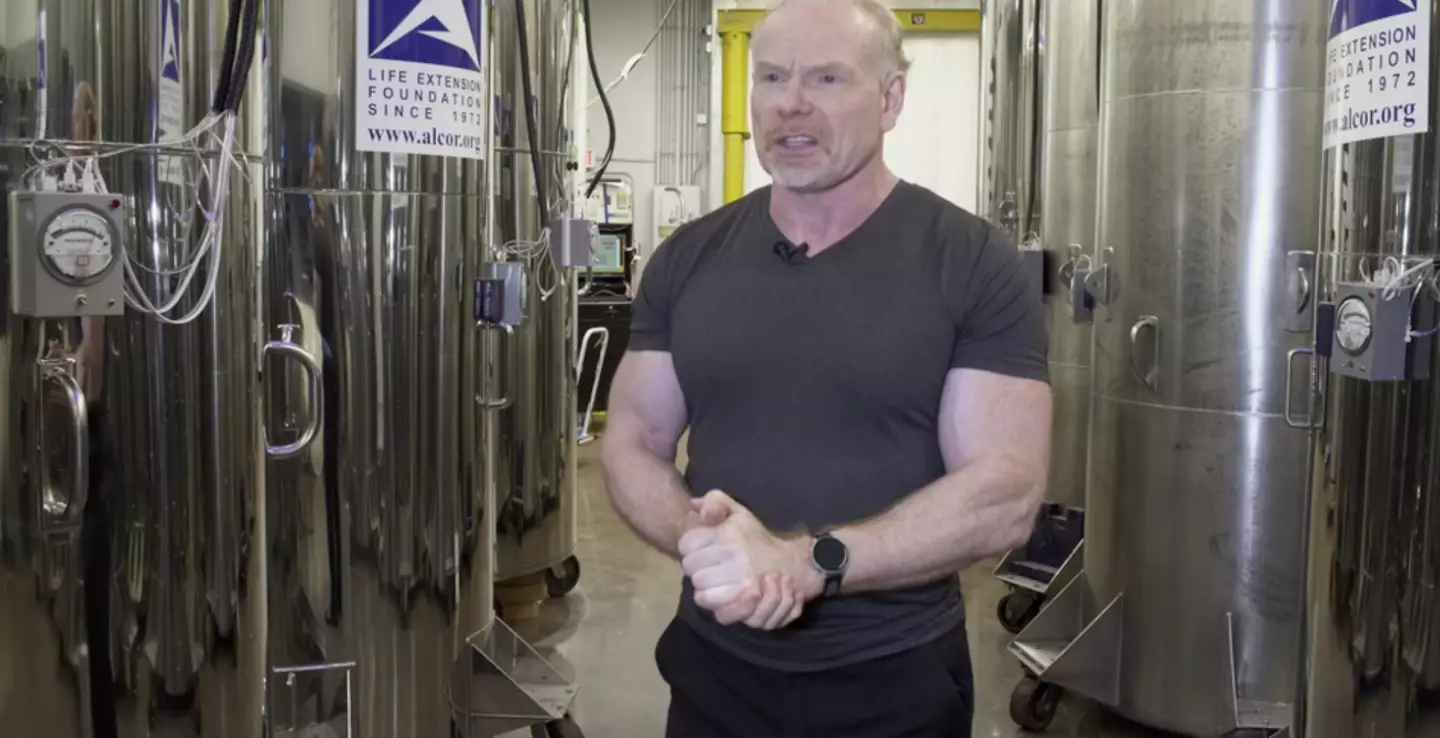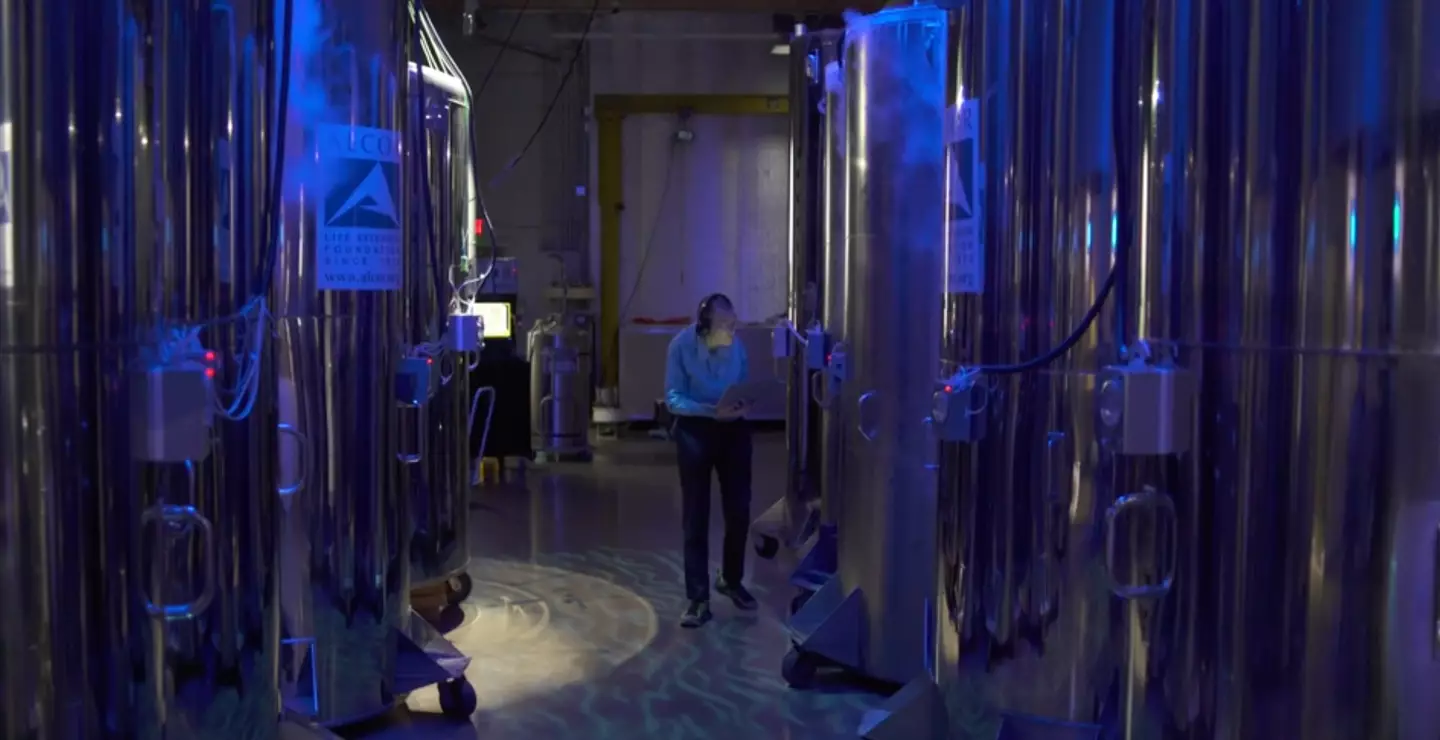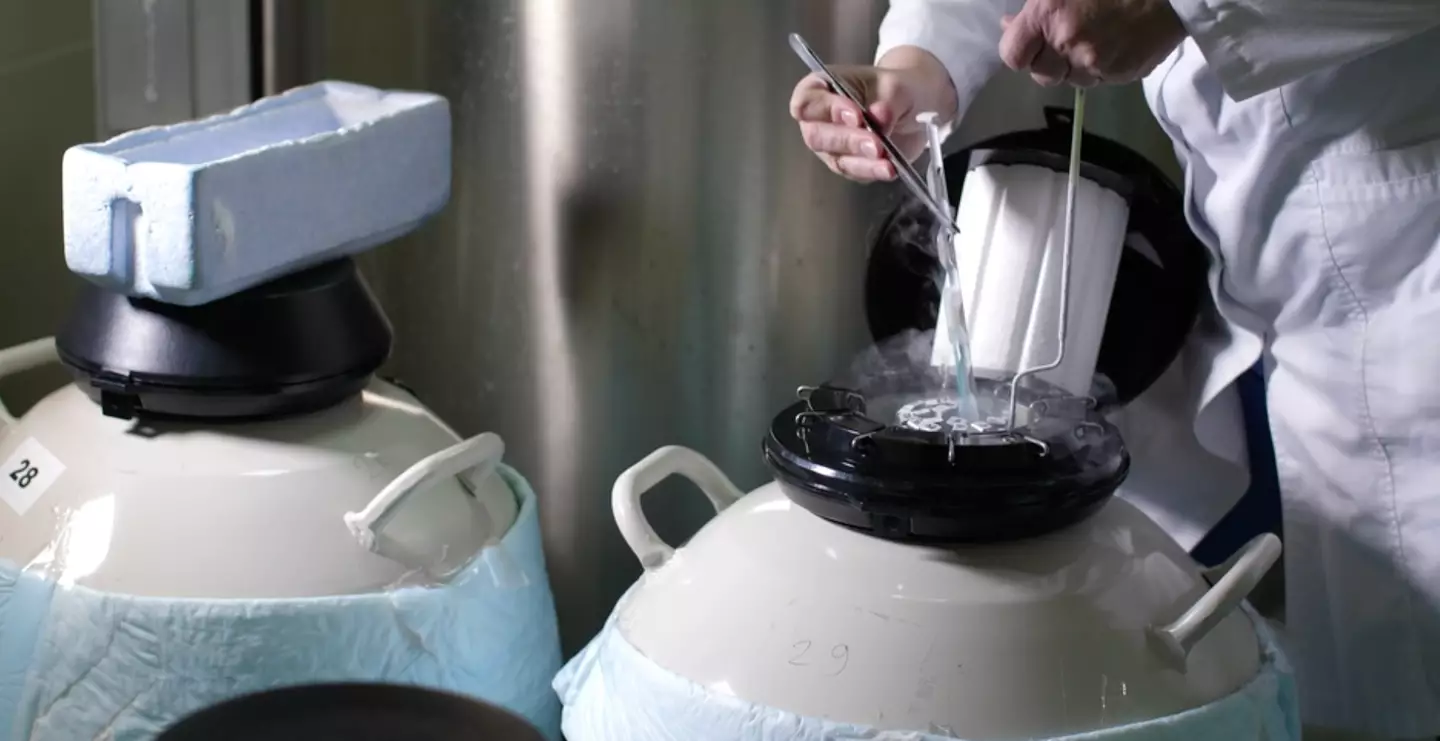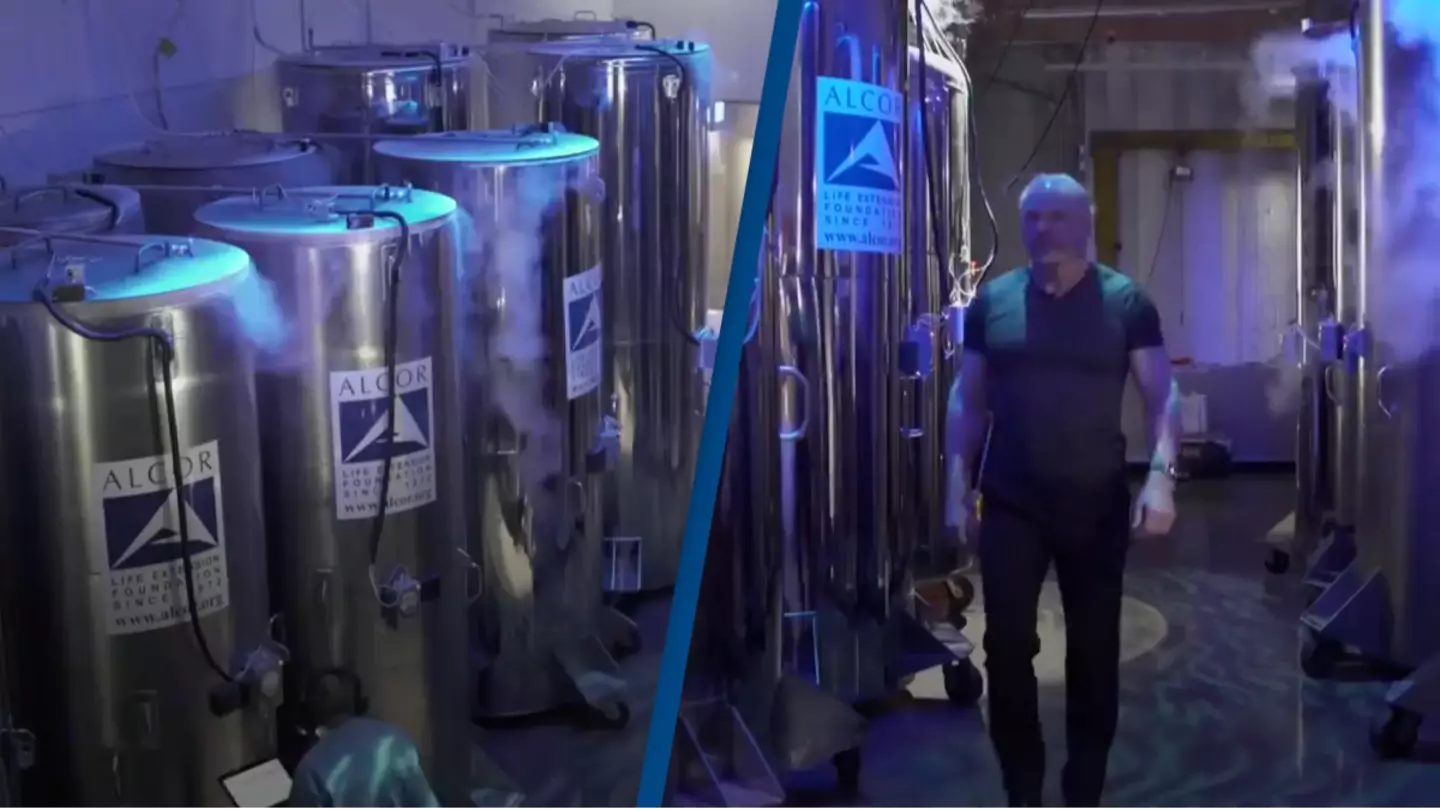Some famous faces have expressed their desire to be frozen after they die, but how exactly does cryopreservation work?
Practising cryonics means to deep freeze the bodies and organs of people who have recently died in the hopes they can be revived in future.
This slow cryogenic freezing process is said to put a pause on death and works to preserve a dead body for years to come.
So, if science ever advances to a point where the dead can be resurrected, then those celebrities who ‘opted in’ to being preserved will be revived and live a second life.
Advert
The likes of DJ Steve Aoki, Seth MacFarlane and Paris Hilton have all previously discussed their desire to be cryopreserved.
However, others such as American baseball legend Ted Williams, his son Jon Henry Williams, and computer scientist Peter Eckersley have all gone one step further and have completed the cryopreservation process.
Alcor is one of the world’s largest cryonics companies and its President Emeritus, Dr Max More, has been a member since 1986.
In a documentary interview with the BBC in 2022, he claimed that the Arizona-based company is usually told when one of its members is close to death.
The British-born practitioner said that upon hearing a subscriber is ill, Alcor will send out a ‘standby team’.
These employees will be tasked with staying by the bedside of the member who is suffering from ill-health up until their death.
“It could be hours, days, we’ve gone as long as three weeks on standby,” he explained in a 2014 BBC interview.

However, after the immediate death of the member, the Alcor staff will swoop in and use a ‘heart-lung resuscitator’.
This works to get the deceased’s blood moving through their body again and to keep powering their organs.
Then, they will administer various medications that protect cells from deteriorating any further.
“This point is very much like donating organs,” Dr More explained. “We’re trying to keep the tissues viable for as long as possible until we can begin the next part of the procedure.”
Once medicated, the patient will be transported to the Arizona companies' headquarters and will be further treated to avoid freezing damage.
To do this, a surgeon will replace their patients’ blood with ‘medical grade antifreeze’.
“As we go below freezing, instead of ice crystal forming, the fluid we use will just become thicker and thicker,” the president explained.
After the Alcor member is pumped with the anti-freeze, the cryonic process can officially begin.

The deceased will first be wrapped in a sleeping bag for protection before being placed upside down in a container.
After being secured inside the aluminium pod, the human remains will be cooled down by around one degree Celsius per hour.
After two weeks of gradual cooling, the body’s resting temperature will sit at a staggering -196C.
From there, the body will wait for medical advancement to potentially bring it back to life.
Dr More claims that ‘no energy is needed’ to maintain the temperature of the aluminium pods and that liquid nitrogen is poured into the cylinders each week to keep things chilly.
In 2022, it was said that around 500 people had been cryopreserved around the world, with the majority residing in the United States, China and Russia.
As you may expect, this experimental science comes with a gigantic price tag of $200,000 (£158,000) to preserve the whole body and $80,000 (£63,000) to just preserve the brain.

However, if you’re not made of money then Dr More admitted that almost 90 percent of Alcor members are paying for the procedure with life insurance.
While this procedure is pretty wild, there is no confirmation that resurrection will actually ever be possible in the future.
But that’s a gamble Dr More and Alcor patients are willing to take.
Speaking about the possible medical advancements, the futurist said: “I think really it’s a bet on advancing technology.
“We are actually funding some research into nano-medicine which is certainly going to be very relevant to bringing people back.”
He added that the company is also starting to ‘grow organs in the lab’ for people who ‘can’t get a good organ match’ and said that in the future he believes humanity will eventually beat death.
Let's see how that goes, shall we.

